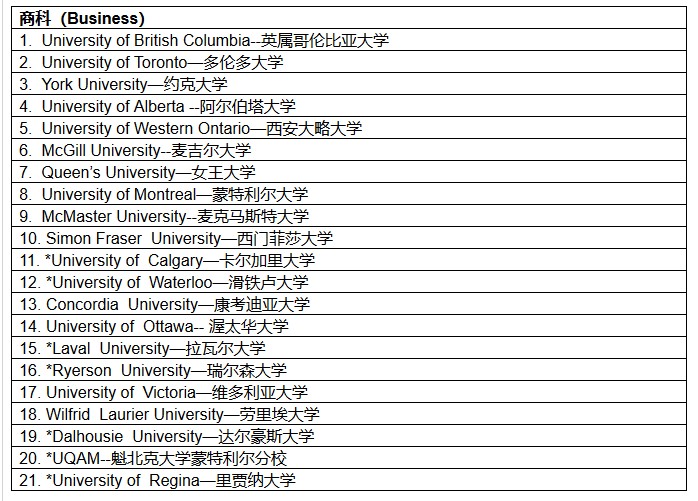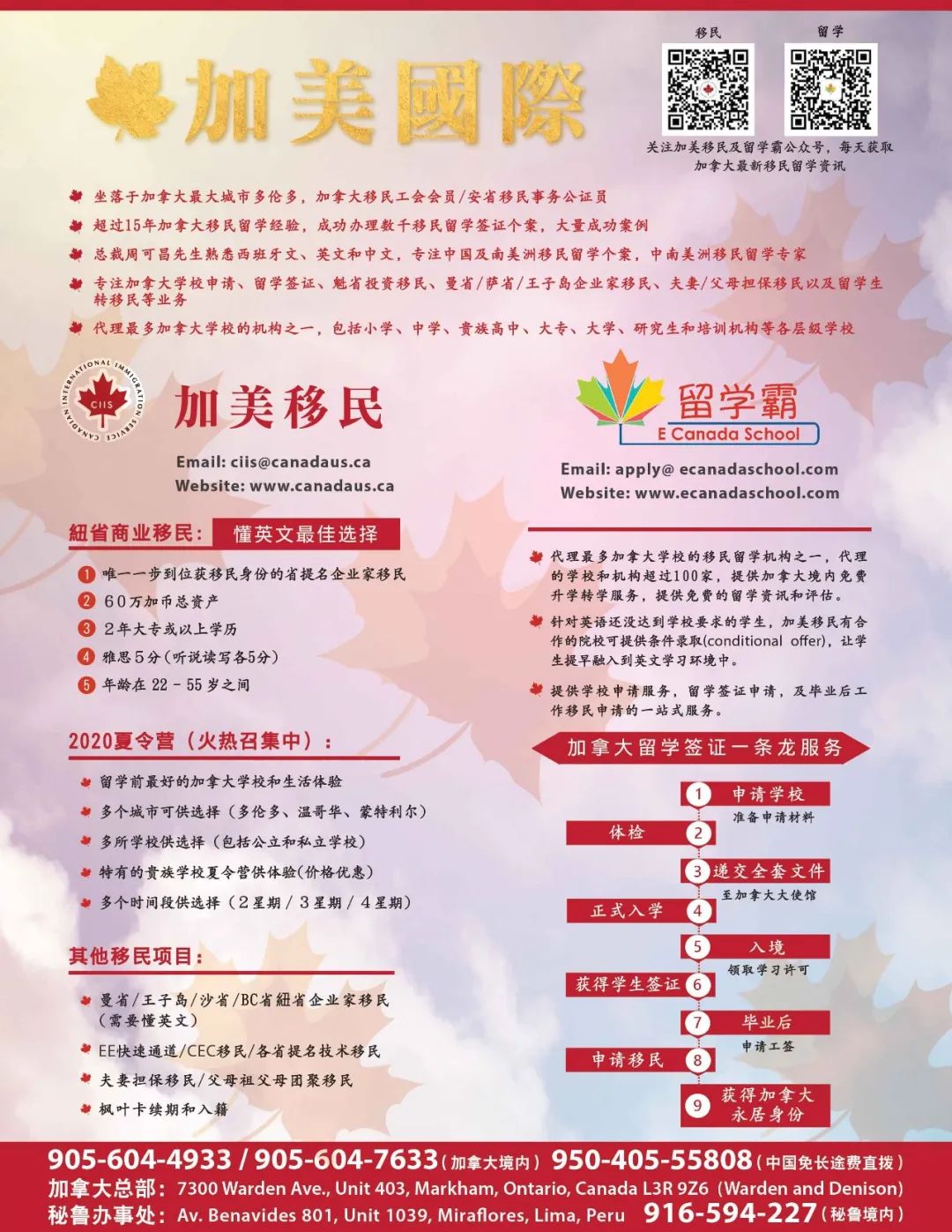Scan


Business, business, what do we often learn about studying business? E-Canada School in a previous article mentioned that business is a relatively popular major. This is probably because many people we believe are successful are in business, such as Ma Yun, Li Ka-shing, Jobs, and the current US President Trump. Coupled with many domestic traditional family ideas, earn money to buy a house and a car, feed the family and live an ideal life. Whether you want to be a business or family influencer, or a simpler reason than business science, choosing to study business has always been a hot topic. When I was studying university in Canada, I found that 7 of the 10 people in my class were Asian. Today, the editor in E-Canada School will briefly introduce to you what the business department is learning, so that everyone has a general concept.
Freshman to sophomore: Although the courses taught in different universities will be different, the theories learned are the same. During these two years, students generally learn the basics of business. For example: the introduction of micro-economy and macro-economy, micro-economy has the well-known supply and demand relationship, opportunity cost, price elasticity of demand, etc. On the other hand, the national economy, financial policy, and consumption indicators are introduced in the macro economy. Of course, there are courses on company introduction and functions. These courses will mention the company's cycle, structure, environment, and real case analysis. There is also organizational behavior. This is an introduction to concepts and theories about individuals or groups that affect company performance. Speaking of operating companies, of course, there are several major courses in marketing, accounting, finance, operations management and IT (consulting technology). Although they are all introductory courses, after these courses there will be a concept to know how a formal company operates. In addition, there are classes on business law because when it comes to doing business, it involves dealing with people, which creates conflicts of interest. The law is the only way to protect our interests. Finally, there are some commercial mathematics classes such as statistics and calculus.
Third Year to Fourth Years: The basic business courses are completed in freshmen and sophomores. When they are in junior year, they must choose the branch of business or the professional courses we usually call. Of course, some universities will provide courses for students of course. They can also choose not to continue to study professional courses and graduate after finishing junior year. If the scores are enough, they can get a graduate diploma. This is also the Bachelor of Commerce we often hear. The branches of business include marketing, accounting, finance, IT and human resources. Students who choose to study a professional course must choose the areas of interest and further study in several options. Therefore, in the introductory class of freshman and sophomore, in addition to let students understand the company's operations, but also to let students know about these areas of knowledge. In marketing, I will learn some marketing strategies, consumer psychology, marketing methods, etc. Accounting is a language about business, and the knowledge involved includes financial statements, corporate tax law, management accounting, and auditing. Finance involves investment, capital markets, stocks and bonds, etc. For IT, there are company software development, website design, and various computer languages. Students graduating from professional courses are undergraduates, but with the name of honor, the diploma will have the word honor. Another thing is that the score required for reading a professional course is a bit higher than that of an ordinary business course. In addition, students studying a professional course can easily plan to study or MBA in the future. Students with a regular undergraduate course (3 years) who want to study an MBA or graduate school have higher requirements than those with an honorary undergraduate course. For example, one more year of preparation, or one year of work experience.
The above are some introductions to business subjects. After reading, you will have a clearer understanding and concepts of business. Of course, this does not guarantee that every successful businessman will have other factors. For example, opportunities, family background, connections, perseverance, etc.
The ranking of Canadian business universities introduced by "MaClean's" magazine:

* Represents the same score
E-Canada School provides a one-stop service for students to apply for a study visa and immigration. Welcome to contact us. We will analyze the applicants in detail and tailor the most suitable study abroad immigration program for you.
